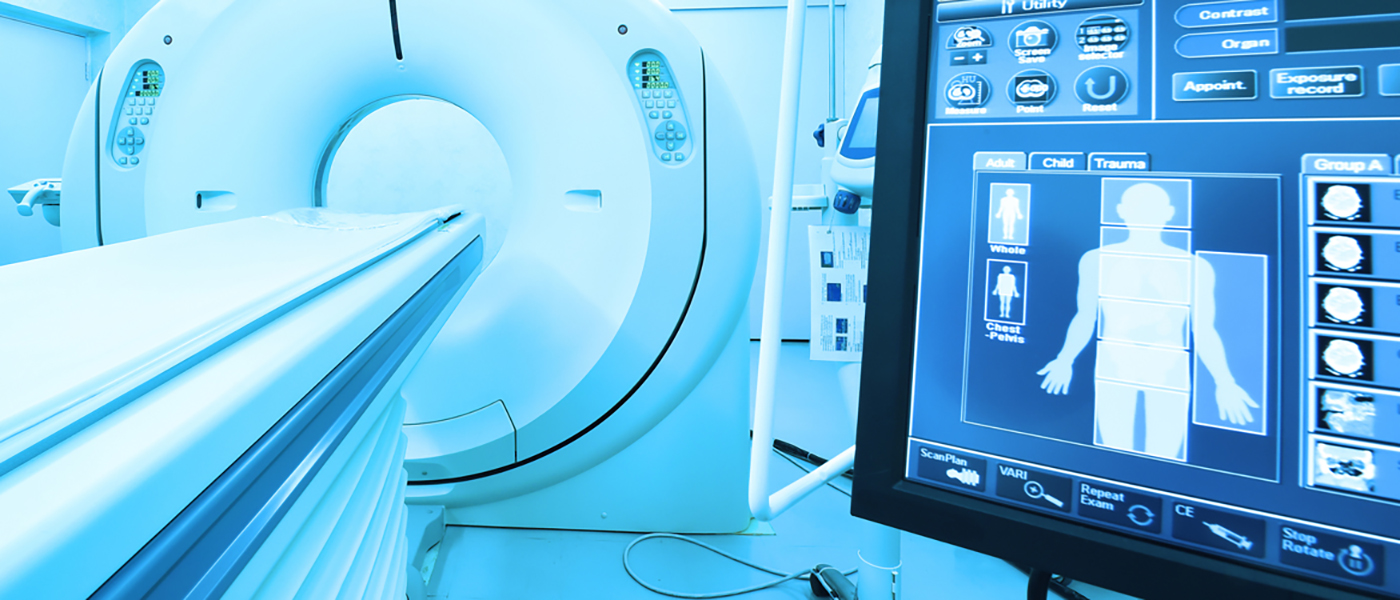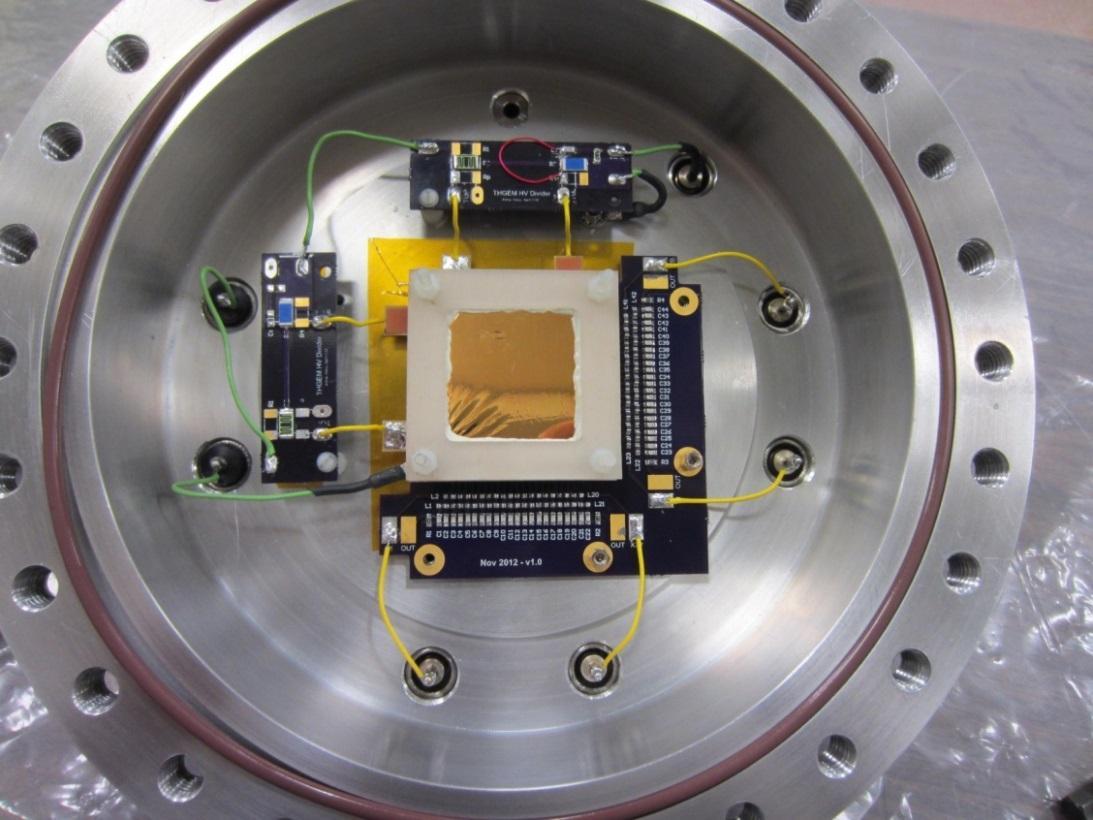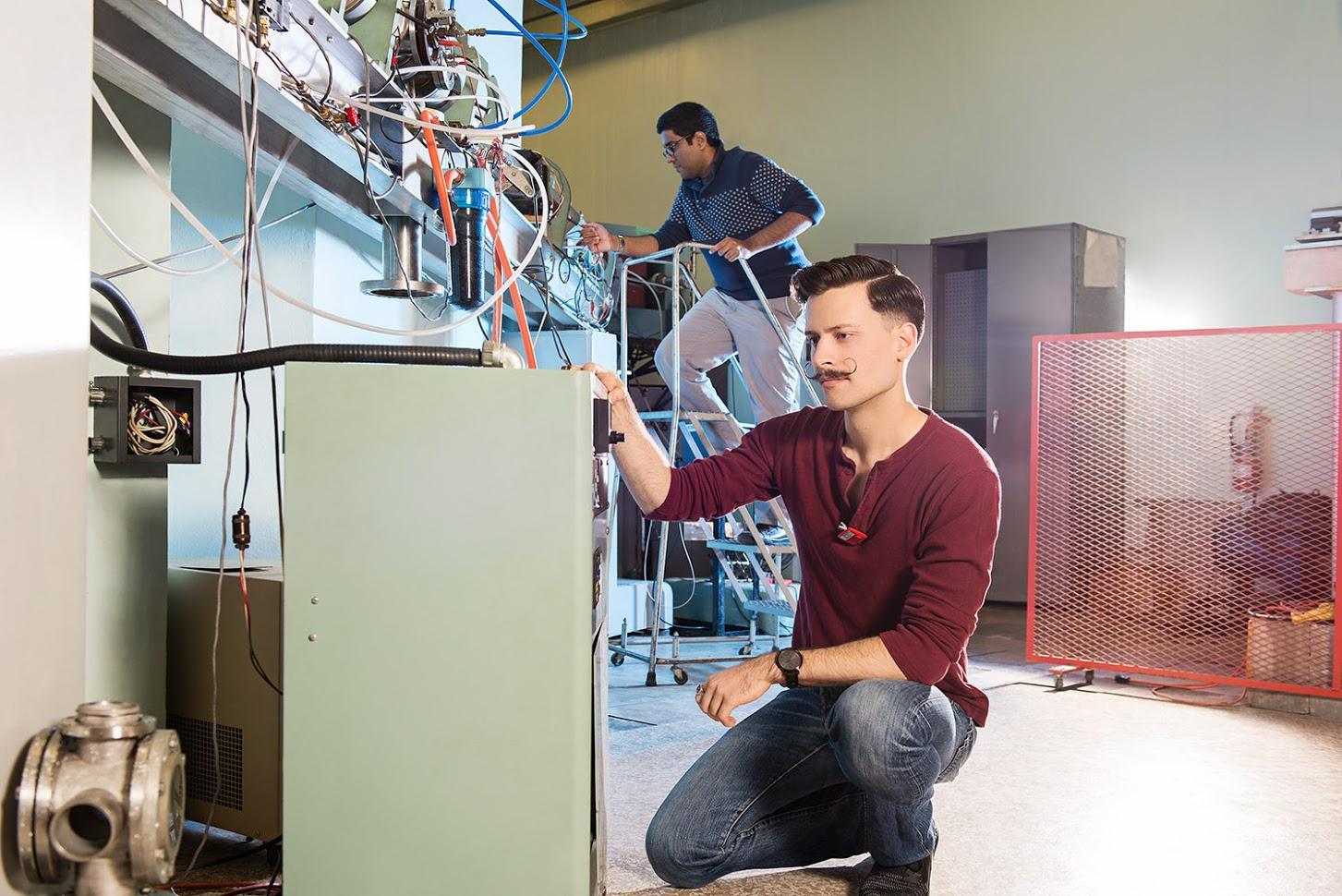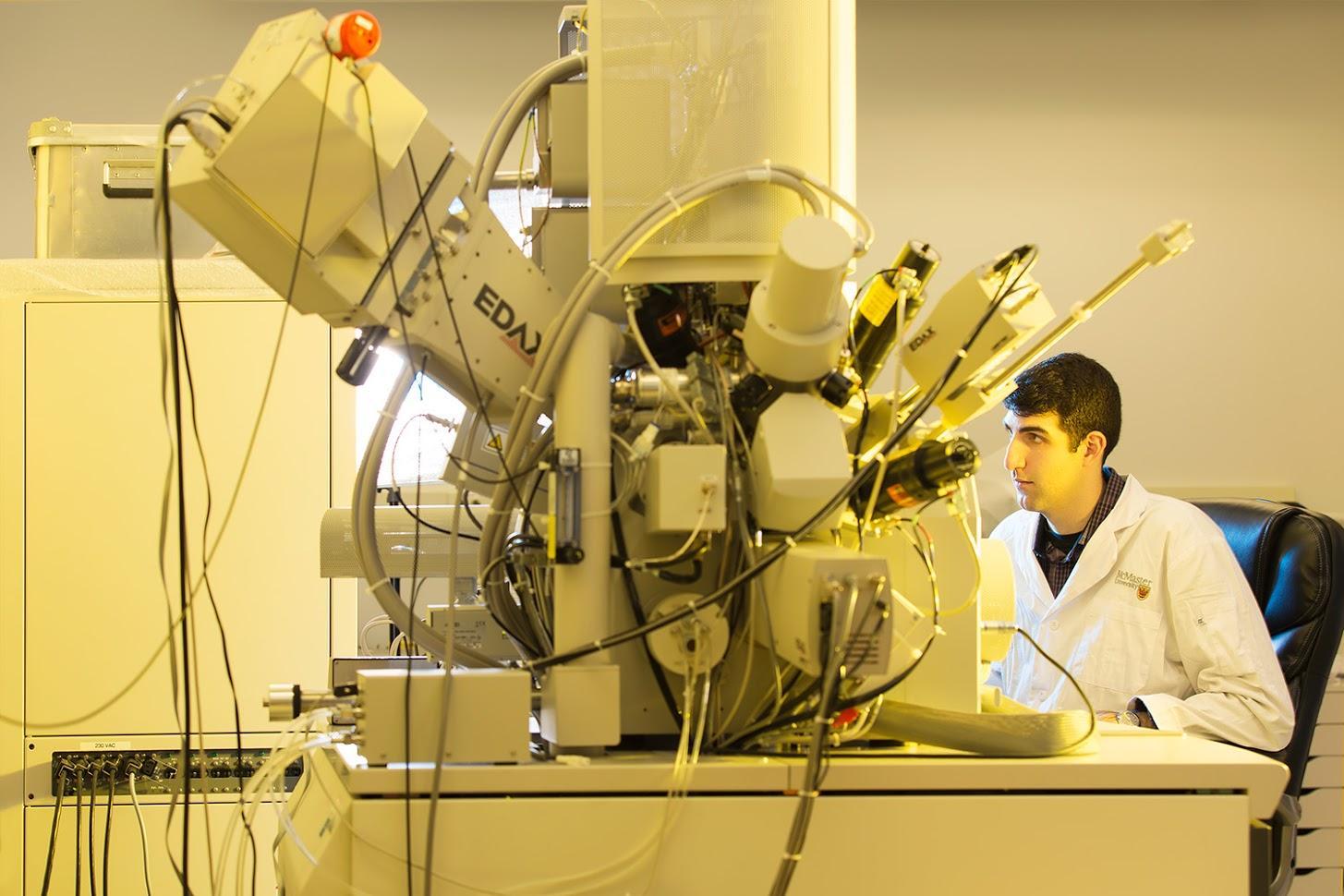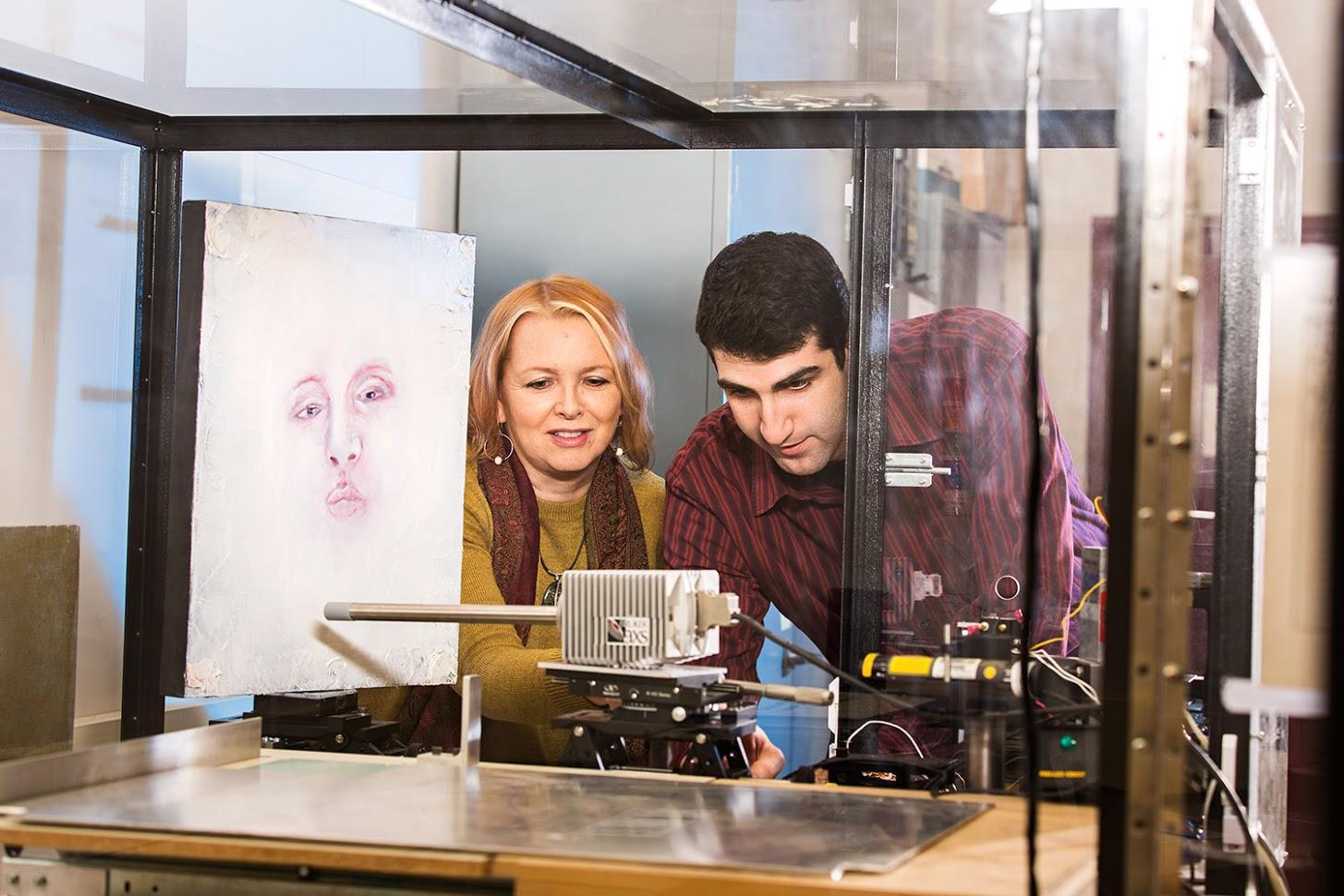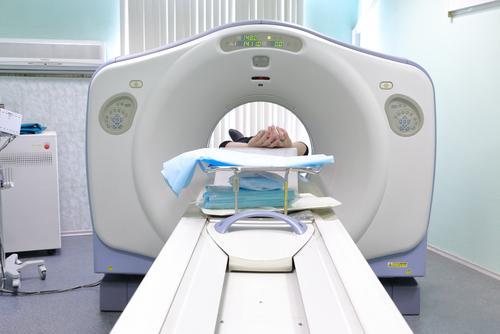Medical Physics and Health Physics are professions and research disciplines where physics knowledge of the laws which govern our universe is used to study, protect, diagnose and treat the human body.
Both Medical Physics and Health Physics are concerned with the interaction of various forms of ionizing and non-ionizing radiation with the human body, and a broad range of established and developing measurement, characterization as well as treatment techniques fall under these umbrellas. In the Department of Physics and Astronomy at McMaster a wide range of cutting edge research topics are investigated including the development of biomedical devices for in vivo race element measurement, such as non-invasive elemental composition analysis of the body through x-ray fluorescence and neutron activation techniques, measurement of metallic elements in the body such as long term lead exposure levels, aluminum in the bones of people suffering from Alzheimer’s disease and the effects on strontium on bone health and osteoporosis. In addition, researchers are developing advanced radiation detectors and nuclear instrumentation such as the Thick Gas Electron Multiplier and 2-D neutron-gamma dosimeters as well as specialized low-level gamma measurement techniques which allow the measurement of samples whose normal activity would be weak enough to become lost in the background.
Research at McMaster has extended the knowledge techniques based in Medical Physics to other areas of interest such as studying the material history of paintings.
In professional terms, Health Physics is the profession concerned with protection of people and the environment from radiation (ionizing and non-ionizing). Those wishing to practice as Health Physicists often pursue professional accreditation through the American Board of Health Physics where they are required to hold a B.Sc./M.Sc. and a minimum 5 years work experience to be permitted to sit ABHP exam.
Medical Physics is the profession concerned with the clinical application of physics in medicine. Medical Physicists are responsible for radiation therapy treatment planning and the oversight of medical imaging. Professional accreditation is through the Canadian College of Physicists in Medicine. This requires a minimum M.Sc. (although realistically a Ph.D. in Canada) plus at least 2 years in an accredited residency program plus exam.

